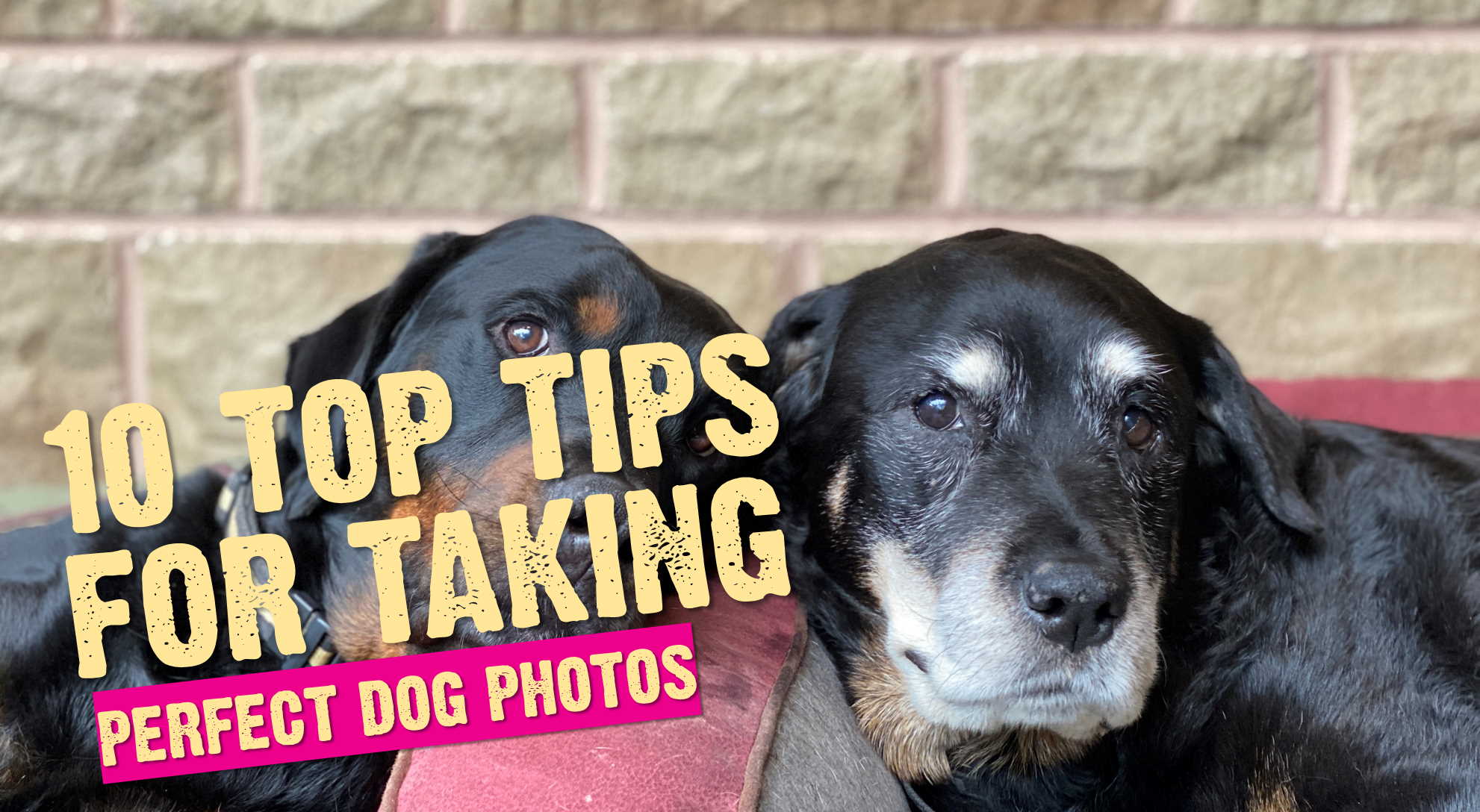The sense of taste is well developed even in newborn pups. This has led to the marketing of several commercial substances designed to prevent destructive chewing by pups and mature dogs. If these are used regularly from the age at which conditioned responses are possible (3 weeks), investigative chewing may be minimised or prevented in later life, especially when teething becomes a stimulus for the problem.
What Age Do Puppies Stop Teething?
Puppies all vary by breed and individual personality types, but as a general rule puppies stop teething once their adult teeth start to come through. This means you will have a short period in the puppy’s early life when they will seemingly want to chew everything as a result of their teething pains.
However, because the breeder would have to begin this type of regimen, and because most litters are raised under conditions that do not expose puppies to chewing taboos, correction is usually necessary.
Almost every owner recognizes that pups need to chew, if only to teethe properly. On the other hand, few appreciate that a dog’s mouth is somewhat similar to the human hand as an investigative tool, or that the healthy development of nervous and muscle tissue depends on hearty chewing exercise. The usual procedure is to give a pup numerous chewables, hoping these will be so attractive that electric cords, rugs, clothing and shoes will be saved from destruction – and the pet spared a possibly serious (or fatal) injury. However, furnishing many different kinds of things to chew may lead the pup to believe that everything is chewable.
Chewing appears to be an enjoyable experience for nearly all pups and many older dogs. So, the element of fun may also be part of chewing problems. The best approach to destructive chewing involves prevention and then guidance to chewable articles, such as a ball or bone. This helps the pup to discriminate between toys and inappropriate items. Practices that risk creating an orally oriented puppy include: playing tug-of-war, allowing personal belongings (socks, shoes) to be chewed, excessive attention to pup’s mouth during teething, and punishment for chewing taboos.
Some pups are more oral than others. When this is coupled with an excitable or extremely inhibited nervous type, minor stress produces tension that tends to be released orally (rather than vocally or physically). Some of the causes for excessive tension in pups are: emotional departures and homecomings by the owner, excessive attention to the pup, social isolation, barrier frustration, delay of feeding, and boredom.
When 2 or more pups live together, chewing may result from competition for articles. Also, pups play games. When these involve articles of some value, the owner often attributes such chewing to spite or revenge. “Sparky’s mad at me for leaving him alone, and he’s getting even.” This is seldom the case. Usually one or more of the aforementioned conditions are involved. As diligently as one might try to be a model puppy owner, it is obvious that few people can avoid all of the causes for chewing.
Enter your email and never miss out on receiving our best articles:







